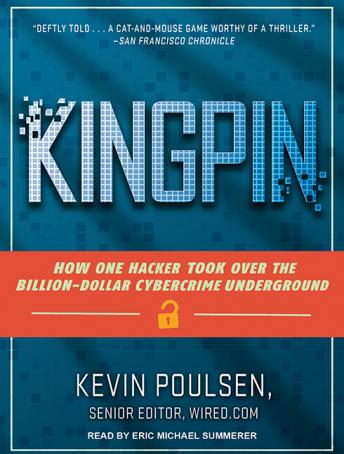From the preface:
The Internet, as well as other telecommunication networks and information systems, have become an integrated part of our daily lives, and our dependency upon their underlying infrastructure is ever-increasing. Unfortunately, as our dependency has grown, so have hostile attacks on the cyber infrastructure by network predators. The lack of security as a core element in the initial design of these information systems has made common desktop software, infrastructure services, and information networks increasingly vulnerable to continuous and innovative breakers of security. Worms, viruses, and spam are examples of attacks that cost the global economy billions of dollars in lost productivity. Sophisticated distributed denial of service (DDoS) attacks that use thousands of web robots (bots) on the Internet and telecommunications networks are on the rise. The ramifications of these attacks are clear: the potential for a devastating largescale network failure, service interruption, or the total unavailability of service.
Yet many security programs are based solely on reactive measures, such as the patching of software or the detection of attacks that have already occurred, instead of proactive measures that prevent attacks in the first place. Most of the network security configurations are performed manually and require experts to monitor, tune security devices, and recover from attacks. On the other hand, attacks are getting more sophisticated and highly automated, which gives the attackers an advantage in this technology race.
A key contribution of this book is that it provides an integrated view and a comprehensive framework of the various issues relating to cyber infrastructure protection. It covers not only strategy and policy issues, but it also covers social, legal, and technical aspects of cyber security as well. We strongly recommend this book for policymakers and researchers so that they may stay abreast of the latest research and develop a greater understanding of cyber security issues.
Read the full book here.







